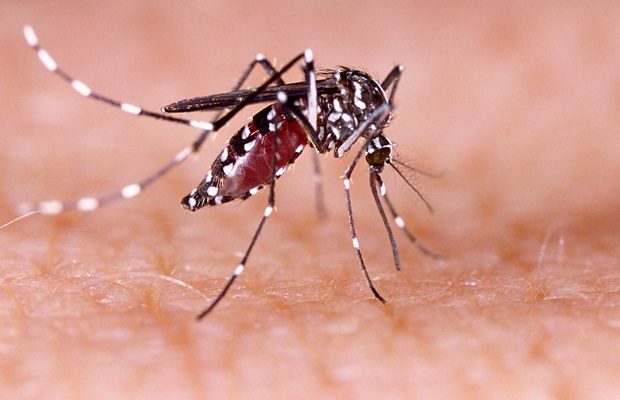Dr Arturo Reyes Sandoval is the Director of the National Polytechnic Institute, one of the largest and most prestigious universities in Mexico. He specialized as a chemist, bacteriologist and parasitologist and has a PhD in molecular medicine. He has dedicated most of his career to the development of new vaccines, including when he worked as a researcher and professor at the Edward Jenner Institute at Oxford University. This is where the Astra-Zeneca vaccine against COVID-19 was developed.
Thanks to the UK's Newton Fund for science and innovation, Dr Reyes Sandoval received two different grants to further investigations on mosquito-borne diseases. His research led to the development of vaccines against Chikungunya, Zika and Dengue. These diseases are endemic in Mexico and can have severe impacts on people's health.
Drug Discovery eBook

In the case of Chikungunya, people suffering from the disease may develop rheumatoid arthritis, which significantly impairs their mobility. A severe form of Dengue can cause extreme bleeding, sudden drop in blood pressure and even death. Zika, on the other hand, has a predilection for infecting cells of the nervous system. In pregnant women, the virus can infect the baby, damaging the developmental stage of the brain.
When asked, Dr Reyes Sandoval explained "Zika, Dengue and Chikungunya have a disproportionate impact on the most vulnerable people who often live in the most precarious environments. These are places where rubbish and water accumulate creating the perfect combination for mosquitoes to breed and spread disease".
The Newton Fund financed collaboration grants between scientists in the UK and Mexico working on the research and development of a vaccine specific for Dengue. This research began with studying viral samples at Oxford University, which has advanced laboratories for handling highly contagious pathogens, and culminated in a clinical trial of a new vaccine in Mexico. This initiative allowed scientists in both countries to work together to tackle this important public health issue.
Dr Reyes Sandoval also described how the Newton Fund strengthened scientific partnerships between the UK and Mexico. "This work created a strong link between the University of Oxford and Universities in Michoacán, Veracruz and Puebla. These are universities at the forefront of research of mosquito-borne diseases in Mexico and we were able to provide each one with a new laboratory to study infectious human diseases."
Newton-funded research supported Dr Reyes Sandoval to develop a Dengue vaccine in 2016. More recently, he oversaw the successful completion of a clinical trial for a Chikungunya vaccine. On this occasion, 100% of the participants created antibodies after receiving the vaccine. In the future, Dr Reyes Sandoval plans to continue collaborating with researchers and universities in the UK to develop vaccines against communicative diseases in Mexico.
GOV.UK
Posted in: Medical Science News | Disease/Infection News
Tags: Antibodies, Arthritis, Baby, Bleeding, Blood, Blood Pressure, Brain, Chikungunya, Clinical Trial, covid-19, Laboratory, Medicine, Mosquito, Nervous System, Public Health, Research, Rheumatoid Arthritis, Vaccine, Virus
Source: Read Full Article
